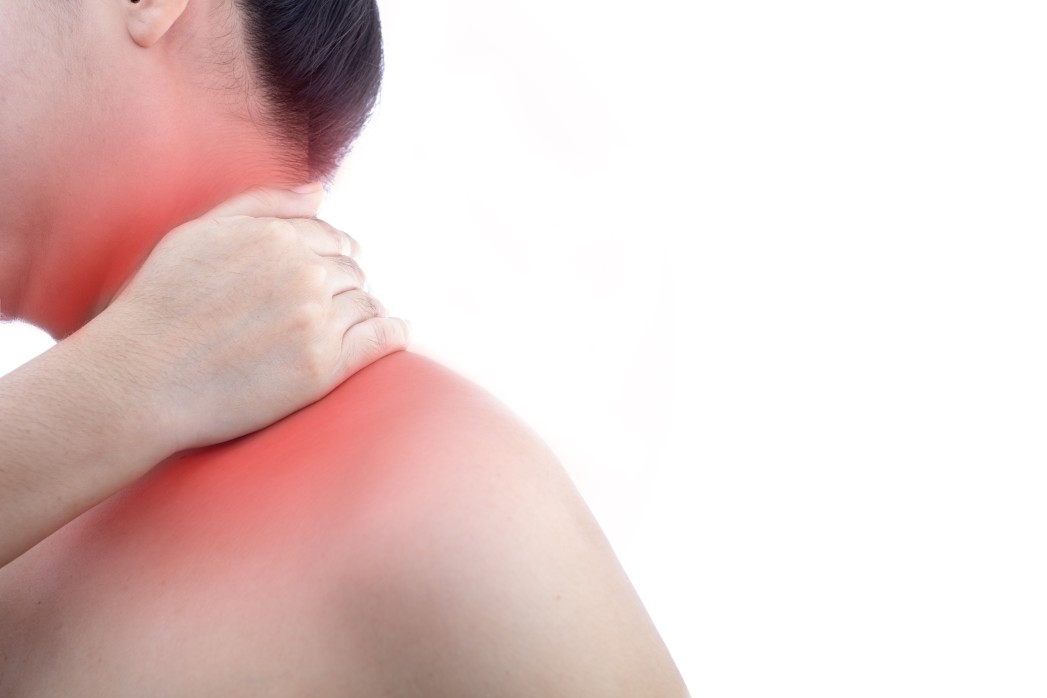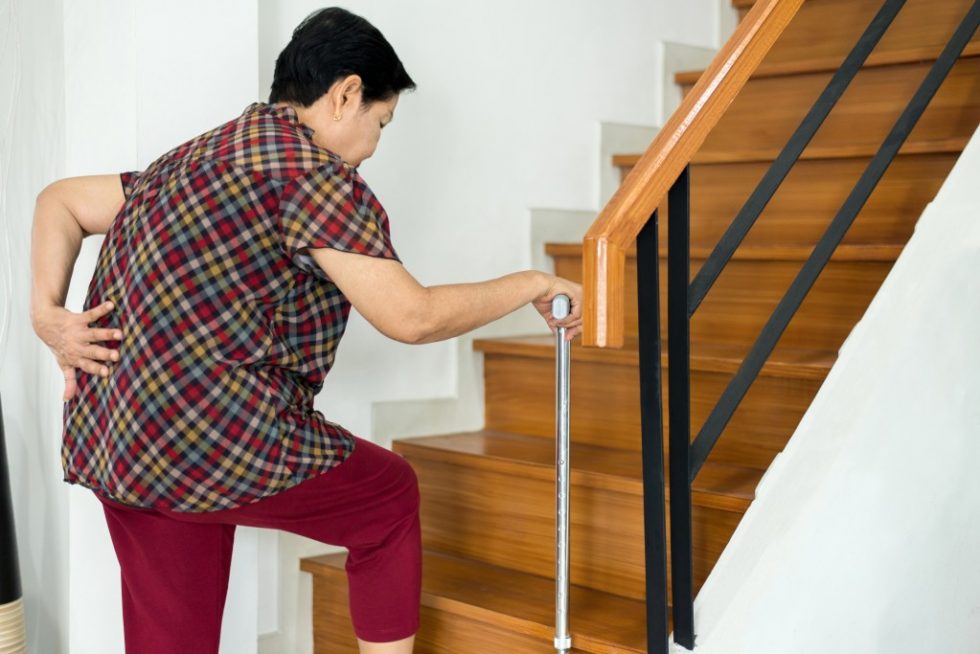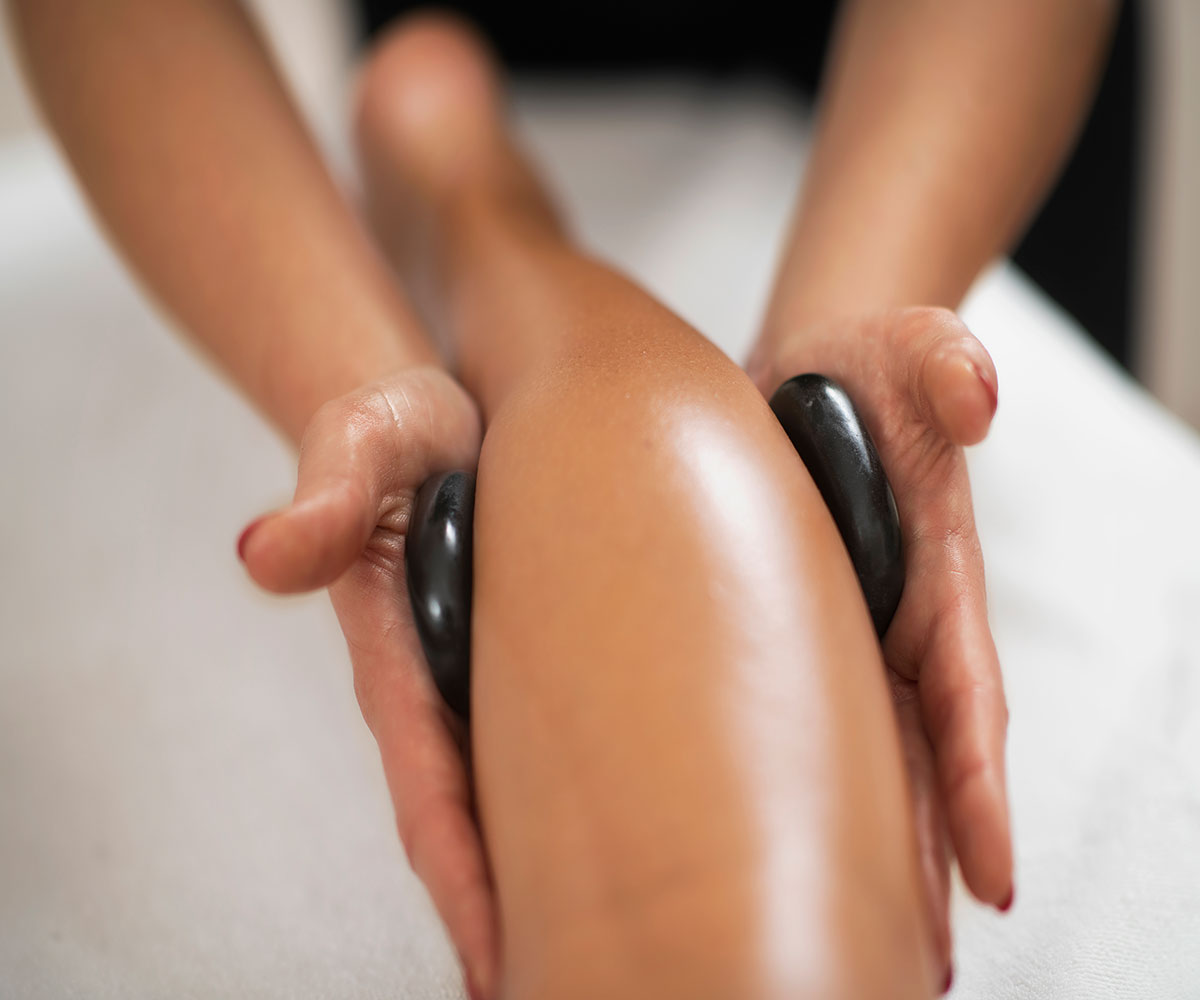
MUSCLE SPASM
Otherwise known as muscle cramps, spasms occur when a muscle involuntary and forcibly contracts and cannot relax. These are very common and can affect any muscle. Typically, they involve part or all of a muscle, or several muscles in a group. The most common sites for muscle spasms are the thighs, calves, foot arches, hands, arms, abdomen and sometimes along the ribcage.
Muscle spasms range in intensity from mild twitches to severe pain. The spasming muscle may feel harder than normal to the touch, and/or appear visibly distorted. It may show visible signs of twitching. Spasms typically last from seconds to 15 minutes or longer and may recur multiple times before going away.
WHY DO I GET PAIN?
The main reason why pain arises in muscle spasm is a shortage of oxygen, which leads to a drop in pH and the release of pain-producing substances. Muscle spasms can occur at any time to anyone. Whether you are old, young, sedentary or active, you may develop a muscle spasm. It can happen when you walk, sit, perform any exercise, or even sleep. Some individuals are prone to muscle spasms and get them regularly with any physical exertion. However, those who are at greatest risk from muscle spasms are infants, those over 65, people who overexert during exercise, those who are ill, and endurance athletes.
Risk factors for spasms:
- Insufficient stretching before physical activity.
- Muscle fatigue.
- Exercising in heated temperatures.
- Dehydration.
- Electrolyte imbalances in sodium, potassium, magnesium and calcium.


HOW CAN WE HELP?
Osteopathy uses stretching and soft tissue technique to restore normal muscle function. By assessing the surrounding joints, the Osteopaths at our clinic also can identify and remove any underlying functional or drainage problem of the area, which will make spasms less likely. Moreover, you would receive exercises and lifestyle advice to help manage the problem yourself after a successful treatment.
WHAT’S NEXT?
If this is a problem for you book an appointment with one of our Osteopaths.
